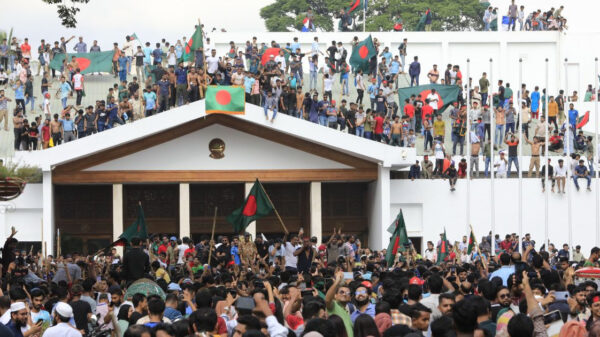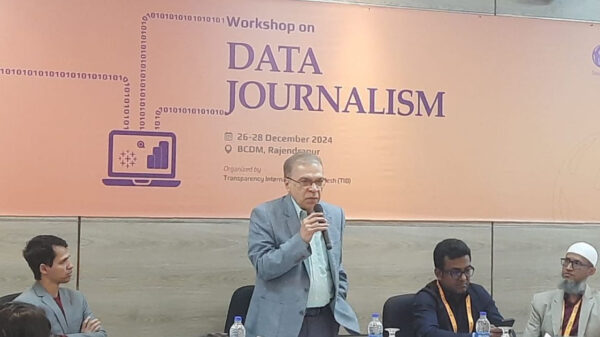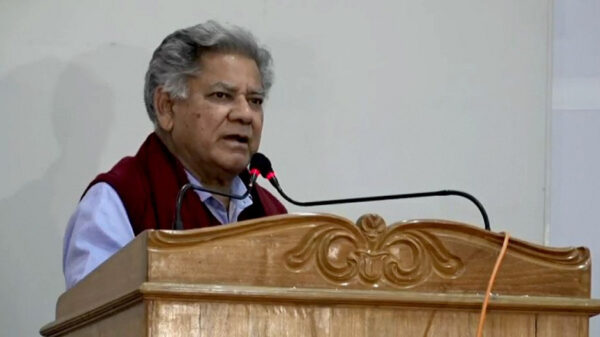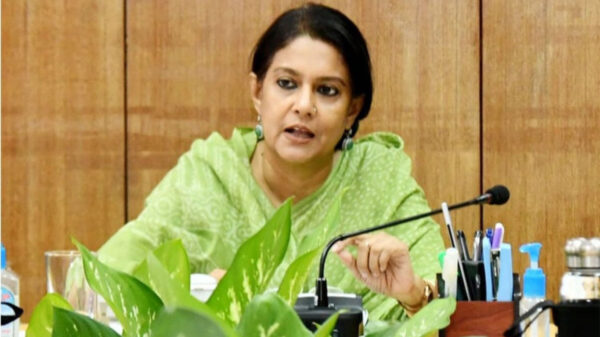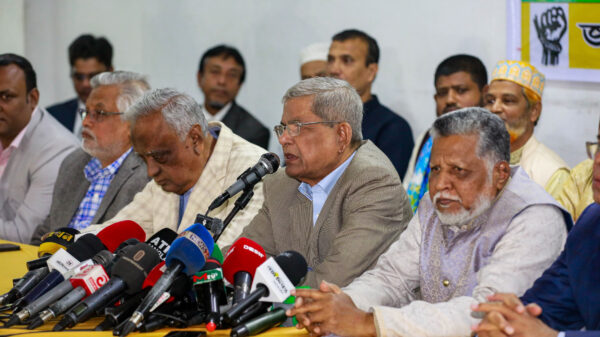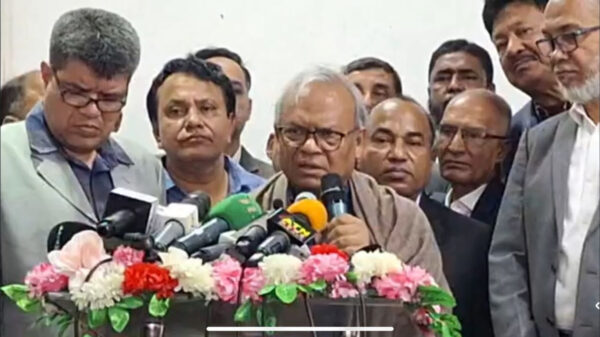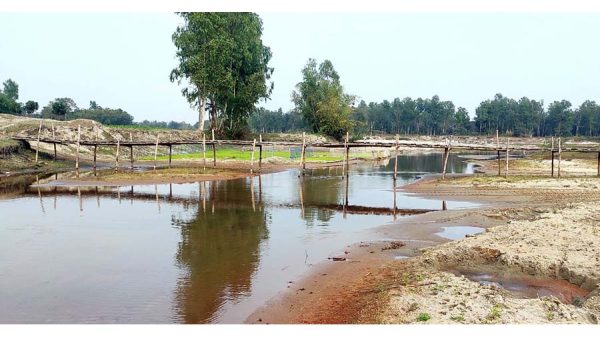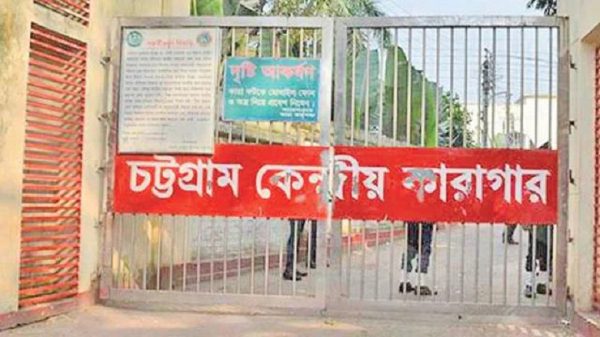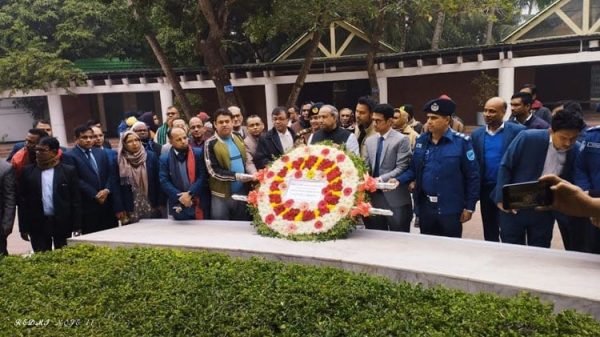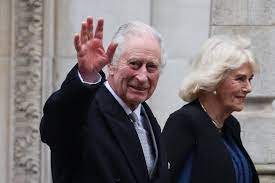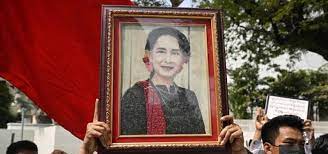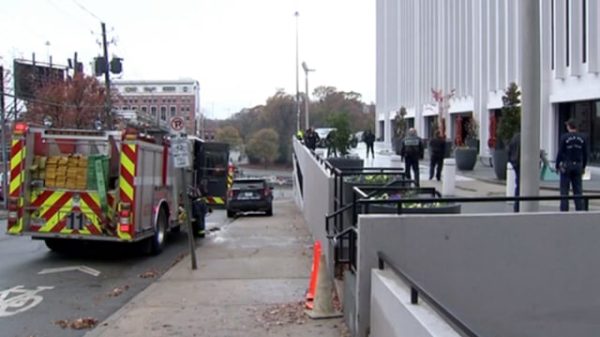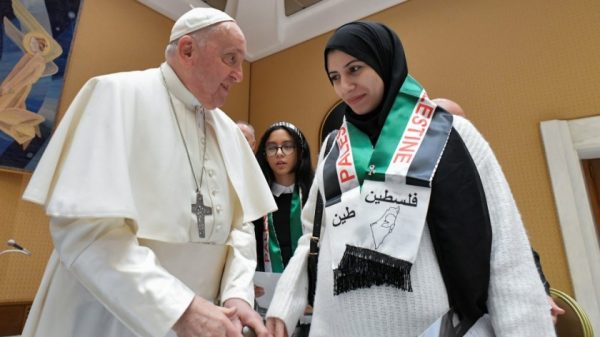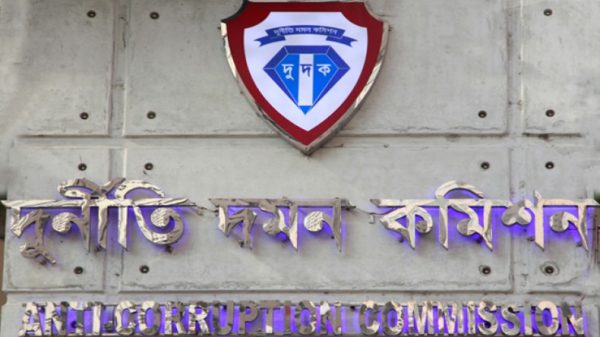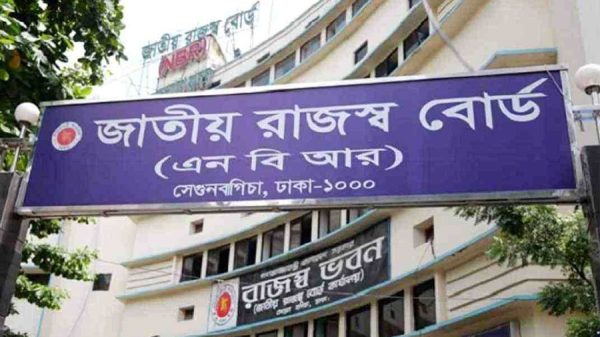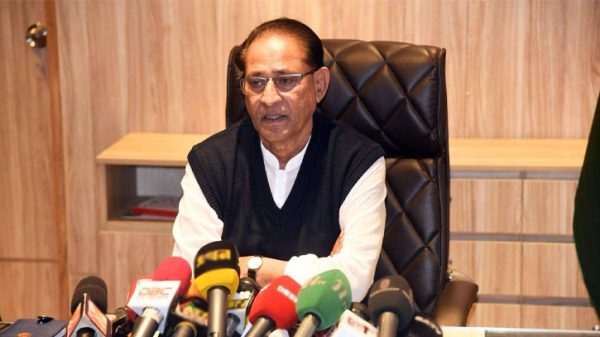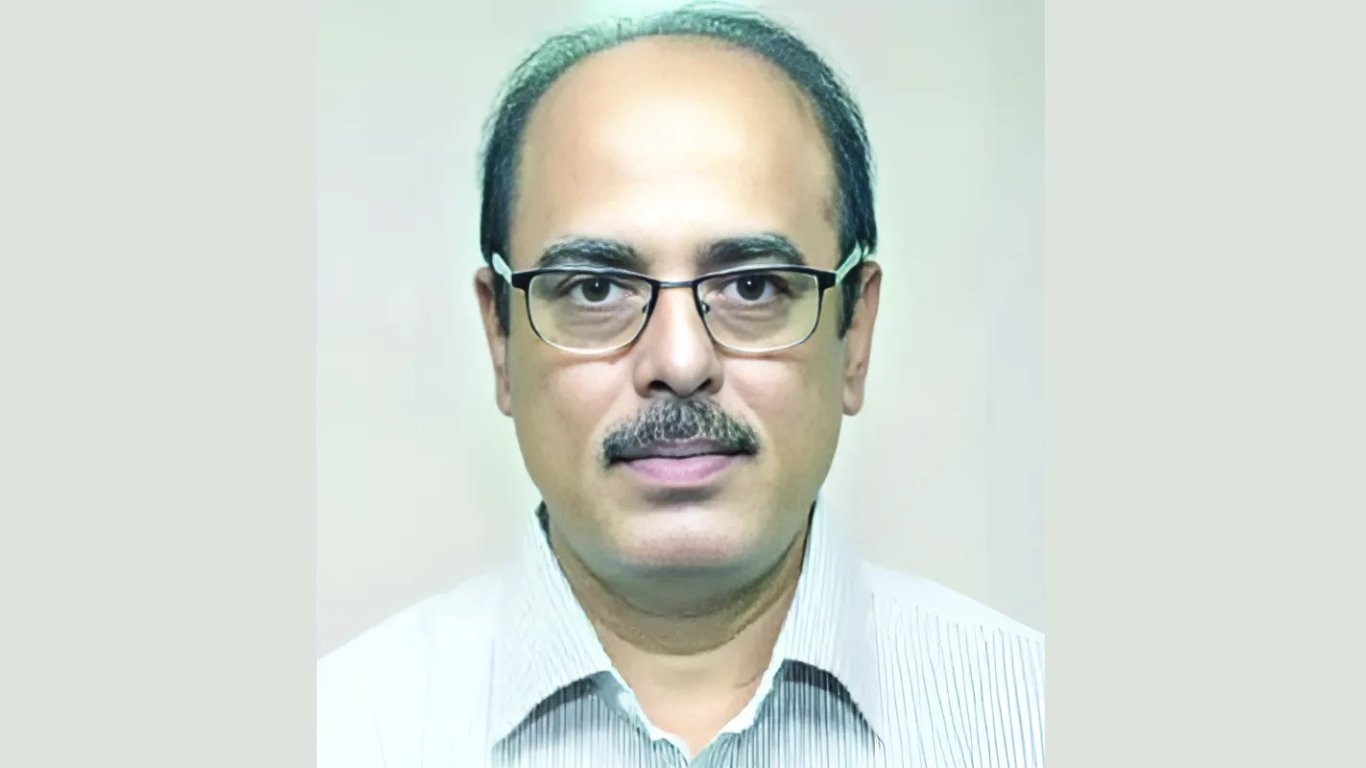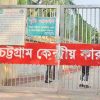Staff Reporter:
In the past two and a half years, the Anti-Corruption Commission (ACC), led by its former chairman Mohammad Moinuddin Abdullah, primarily targeted small-scale corruption, overlooking major irregularities.
The commission did not initiate any investigation or case against corrupt individuals unless the Sheikh Hasina government wanted it. The most alarming incident occurred in the fake investigation report on BASIC Bank. The ACC approved the charge sheet excluding the masterminds behind the scandal. The key figures behind this were the then ACC Chairman Moinuddin Abdullah, and two commissioners, Zohurul Haque and Ashia Khatun.
The information has been obtained from ACC sources. Additional sources have revealed that Commissioner Zohurul Haque is accused of taking irregular benefits for family members from the ACC, submitting fake vouchers from his son’s hospital to claim bills from the ACC, and using his power to secure a plot from Rajdhani Unnayan Kartripakkha (RAJUK). In the meantime, the Ministry of Home Affairs has canceled his passport and imposed a travel ban.
Regarding the BASIC Bank scandal, investigators have pointed out that the authorities who approved the controversial loans were the bank’s board of directors, yet no one from the board was named as an accused in the case.
On the contrary, under the instructions of the Moinuddin Commission, witnesses were created to benefit them. The bank accounts through which the loans were transferred were not analysed or scrutinised.
There was no identification of where the loans were transferred or converted into fake documents. Even the issue of money laundering was not raised in the BASIC Bank case.
In June last year, the ACC approved the charge sheet against 146 individuals, including the former chairman of BASIC Bank, Abdul Hai Bacchu, in connection with the embezzlement of funds from the bank. Out of the 147 accused, 46 were bank officials and 101 were customers.
ACC officials allege that although the ACC is independent on paper, the previous commission did not initiate any investigation against corrupt individuals without the green light from the Hasina government. “The AL government always used the ACC as a political tool, leading to corruption and irregularities within the agency,” they said.
Several directors and senior officials said that while the ACC was independent in catching minor corruption, it could not take any action against those involved in large-scale corruption worth thousands of crores. Occasionally, under Hasina’s orders, the ACC would launch show investigations against a few individuals, but these would often be halted, damaging the agency’s credibility.
Meanwhile, reports of former Awami League Minister of Land Saifuzzaman Chowdhury and his wife having massive assets in the United States, the United Kingdom, and Dubai had already been circulating in the media.
It was reported that they had large sums of money deposited in foreign bank accounts, without approval from Bangladesh Bank. On 4 March, evidence and documents were sent to the Bangladesh Financial Intelligence Unit (BFIU), ACC, CID, NBR, and the Attorney General’s office, initiated by TIU and TIB.
Despite having all the information, no action was taken by the Moinuddin Abdullah Commission before the downfall of the Hasina government.
Following the student-led movement, on 5 August, the government fell. Subsequently, the BFIU ordered banks to freeze the accounts of Saifuzzaman Chowdhury and his family, and the ACC decided to initiate an investigation. However, the ACC remained silent after the S Alam Group took control of Islami Bank in 2017. After the government’s fall, the ACC announced it would begin an investigation.
Transparency International Bangladesh (TIB) Executive Director and Chairman of the Anti-Corruption Commission (ACC) Reform Commission, Dr Iftekharuzzaman, said, “The previous ACC commission was used as a tool and protector by the Sheikh Hasina government. Despite having specific information, they did not take action against anyone from the government. This allowed them to facilitate further corruption. Therefore, the ACC is one of the institutions that need reform within the government.”
ACC officials said that all decisions of the ACC are made by the Chairman and two Commissioners. “No ACC officer can independently initiate an investigation or file a case. Not even a Director General could make decisions on investigating corruption, let alone an investigation officer,” they added.
It has been learned that the ACC had previously filed cases against many individuals for using government vehicles for personal purposes. One such ACC Commissioner, Zahurul Haque, used a government vehicle, along with a driver, for his wife and children’s transportation.
He unlawfully allocated the vehicle from the organization three and a half years ago. The AMZ Hospital in Badda, which is owned by Zahurul’s son, was used to take fake vouchers under the pretext of medical treatment. These vouchers were then submitted to the ACC, allowing him to withdraw Tk150,000 monthly as medical allowance.
Attempts to contact Zahurul Haque via phone and messages were made multiple times, but he did not respond.
According to ACC sources, Zahurul Haque had a vehicle allocated for his personal use. In addition, in April 2021, he allocated another vehicle with a driver for permanent use. His wife and son used that vehicle for commuting, and he continued to use the vehicle for another month even after resigning.
The ACC reports that last year, the commission filed a case against two employees of the state-owned Power Grid Company of Bangladesh (PGCB) for using company vehicles for personal purposes, resulting in a financial loss to the government. However, a senior official of the ACC committed the same offense.
Meanwhile, in the government employee quota, Zahurul Haque, the outgoing ACC Commissioner, and his wife, Masuma Begum, were allocated two plots of 5 katha each in the Rajuk’s East Achol New Town project.
According to the plot allocation rules, if a family is allocated multiple plots, one must be surrendered to Rajuk. However, in the case of the ACC Commissioner and his wife, this was not done. Instead, Rajuk officials, unable to find a solution, gave him a 10-katha plot equivalent to the total area of the two plots.
On 3 March 2021, Mohammad Zahurul Haque was appointed as a Commissioner of the Bangladesh Telecommunication Regulatory Commission (BTRC). He joined the ACC on 10 March of the same year. His tenure was supposed to last until 9 March 2025, but on 29 October, he and the entire commission resigned. Before this, he retired as a District and Sessions Judge of Dhaka Metropolitan on 4 December 2014.



